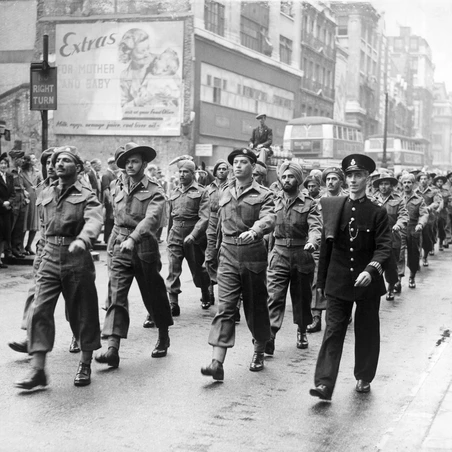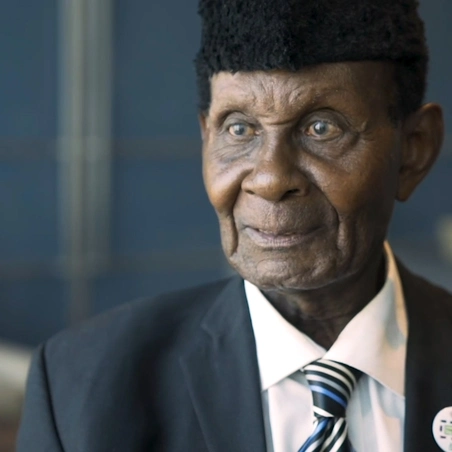Remembering VJ Day – 80 Years On at the National Memorial Arboretum
On Friday 15th August the Royal British Legion in partnership with the Government will hold a midday National Commemorative Event to mark the 80th anniversary of VJ Day and the end of the Second World War.
Registration has now closed but, if you are a Second World War veteran who served or contributed to the campaigns in the Far East and Pacific, and would like to attend the VJ Day 80 event at the National Memorial Arboretum, please register your interest by emailing [email protected]
Please note that registering does not guarantee a ticket to attend but, if you have been successful, we will be in touch in due course to confirm.
The National Memorial Arboretum will be open to the public on 15th August, but some areas may be restricted. Whilst access to the National Commemorative Event is by ticket only, the general public will be able to see the event on screens. Details for the day will be released nearer the time. Please check this page for updates.
As the fighting ended in Europe, Allied troops in the east were still engaged in fierce warfare.
Burma (Myanmar) was liberated by the 14th Army, the principle British fighting force in the east. It was composed of troops mostly from the Indian Army, plus African, British and Gurkha units. They pushed determined Japanese forces back through hundreds of miles of malaria-infested jungle, supported by continual supply drops from the air.
In the Pacific, Australian forces faced fierce resistance on Borneo, and US forces fought to take the strategically important islands of Iwo Jima and Okinawa; battles which were marked by appalling levels of casualties. After Okinawa fell on 22nd June, an invasion of the Japanese home islands planned, with enormous levels of casualties expected. Before the invasion was to take place, the most destructive war in history came to a rapid end. On 6th August, the United States dropped the first atomic bomb over Hiroshima. Two days later, the Soviet Union declared war on Japan followed by a huge attack on 9th August. That day also saw the dropping of the second atomic bomb – over Nagasaki. The number of deaths from the bombs has been estimated as high as 200,000.
Recognizing that victory was impossible, the Japanese government finally accepted the Allied surrender terms on 14th August. The following day was declared Victory over Japan (VJ) Day.
Joy at the end of almost six years of global war, and hope for the future, burst out in towns and cities across the Allied nations as well as on former battlefields. Parties and parades were held, from New York to New Delhi, from Manchester to Melbourne.
Tens of thousands of Allied Prisoners of War had to be located across vast areas (including the Japanese mainland). They had been held under appalling conditions and many put to work as forced labour.
The process of demobilisation began for British and Commonwealth forces, although thousands remained on active service in occupied Japan, and the South East Asia Command (SEAC), depending primarily on Indian troops, reoccupied Malaya, the Dutch East Indies and French Indo-China, where new, nationalist conflicts were beginning.
Yet VJ Day was a day of final relief and to give grateful recognition for the sacrifice of those who had served.




